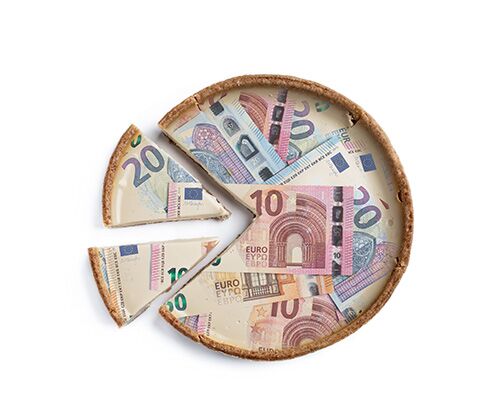On November 21st the Minister for Social Protection, Heather Humphreys TD, announced she had “secured Cabinet Approval for the establishment of a new Pay-Related Jobseeker’s Benefit System in Ireland”. In the Notes to the Minister’s press release it states that the key “features of the new Pay-Related Benefit scheme include:
- The weekly rate of payment for people who have at least 5 years paid PRSI contributions will be set at 60% of previous earnings, subject to a maximum of €450 for the first 3 months.
- After that, the rate will reduce to 55% of earnings, subject to a maximum of €375 for the following 3 months.
- A further 3 months will be paid at the rate of 50%, up to a maximum €300 payment.
- For persons who have between 2 and 5 years paid contributions, the rate will be set at 50% of previous earnings subject to a maximum for €300 per week and 6 month’s duration.
- For all recipients, a minimum weekly payment of €125 will apply
- Self-employed people will continue to be catered for under the current Jobseeker’s Benefit (Self-Employed) Scheme.”
These announcements are not radically different to the changes announced in the public consultation run earlier in the year by the Department of Social Protection. Initially the higher payment of €450 was to last for six months, while the decision to keep the current duration of nine months for anyone who has worked for more than five years is welcome, it has been made by creating a tiered payment. This payment will be reduced twice over the nine months to the point where the final three months will be equivalent to the rate paid to someone who had worked less than five years.
The INOU E-bulletin Issue 54 contained an article summarising the INOU’s submission to the public consultation ran earlier this year. We looked at a number of scenarios and found that everyone working only nineteen hours a week at the National Minimum Wage would be worse off under these proposed changes than they would be on the current Jobseeker’s Benefit payment. While for anyone working the average working week, only a single person who had worked for more than five years would be better off - presuming they would receive the full €450.
With regard to the average wage examples, a single person would be better off on the proposed changes; a single person with one child would be marginally better off if they were only working nineteen hours a week and had worked for less than five years, but if they had worked for longer or worked thirty-three hours a week they would be better off on the new arrangement. The couple with no children or with one child would only be better off if the claimant had worked an average working week of thirty-three hours. A similar situation arises for the single person with two children; while the couple with two children would be better off on the current Jobseeker’s Benefit payment.
The full submission is linked here.
The changes the Minister announced on November 21st will only come into effect after legislative changes have been made, which should be published early in 2024. It will be important to see what else this legislation contains, what other changes are proposed or safeguards are put in place.
It is also important to note that like the Pandemic Unemployment Payment, the proposed Pay Related Jobseeker’s Payment will be a flat rate payment. So anyone with family responsibilities may be better off on a Jobseeker’s Allowance (JA) payment - as they could claim for a Qualified Adult and/or a Qualified Child(ren) Increase. However, JA is a means-tested payment, a means test that has not changed for many years, and which has been devalued by the rise in inflation over the past few years.
